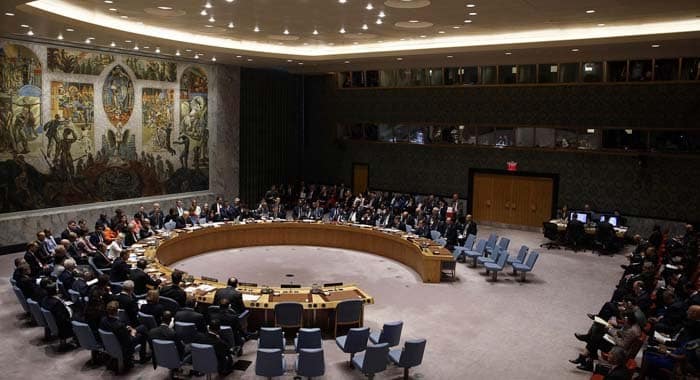The UN Security Council has warned that the Khorasan branch of the Islamic State group, known as ISIS-K, continues to pose a major threat to Afghanistan and regional stability, with its reach now extending into Europe and Central Asia.
The Council was briefed on Wednesday by senior UN counter-terrorism officials during a review of the secretary-general’s latest report on ISIS and its global threat to international peace and security.
Vladimir Voronkov, UN Under-Secretary-General for Counter-Terrorism, said ISIS remains one of the most dangerous security challenges, noting that the group is increasingly exploiting new technologies such as cryptocurrencies and encrypted online platforms to fundraise, coordinate, and expand its operations.
Natalia Gherman, Executive Director of the UN Counter-Terrorism Committee, told the Council that ISIS-K has entrenched itself in Afghanistan while actively seeking to recruit fighters from Central Asia and Europe. She added that the group is aggressively soliciting funds and support through online propaganda networks.
Council members voiced concern that ISIS-K’s growing reliance on digital currencies has complicated international efforts to disrupt its financial networks. They stressed that countering the group will require coordinated global action and intelligence sharing.
UN officials urged member states to pursue comprehensive, human-rights-based strategies to prevent radicalization, dismantle terrorist financing streams, and strengthen international counter-terrorism cooperation.
The briefing further highlighted that Africa has emerged as the epicentre of ISIS activity, with UN counter-terrorism chiefs warning that the continent now faces the highest levels of attacks and militant presence associated with the group.
A recent UN expert report cited by the Council underscored that the Taliban continue to provide a permissive environment for foreign terrorist groups in Afghanistan, deepening security concerns for Central Asia and beyond. The report also confirmed the presence of multiple training camps linked to al-Qaeda operating inside Afghanistan.
The discussions reflected growing alarm within the international community over ISIS-K’s expanding influence, as Council members reiterated that defeating the threat requires sustained political will, robust international partnerships, and unified global resolve.





